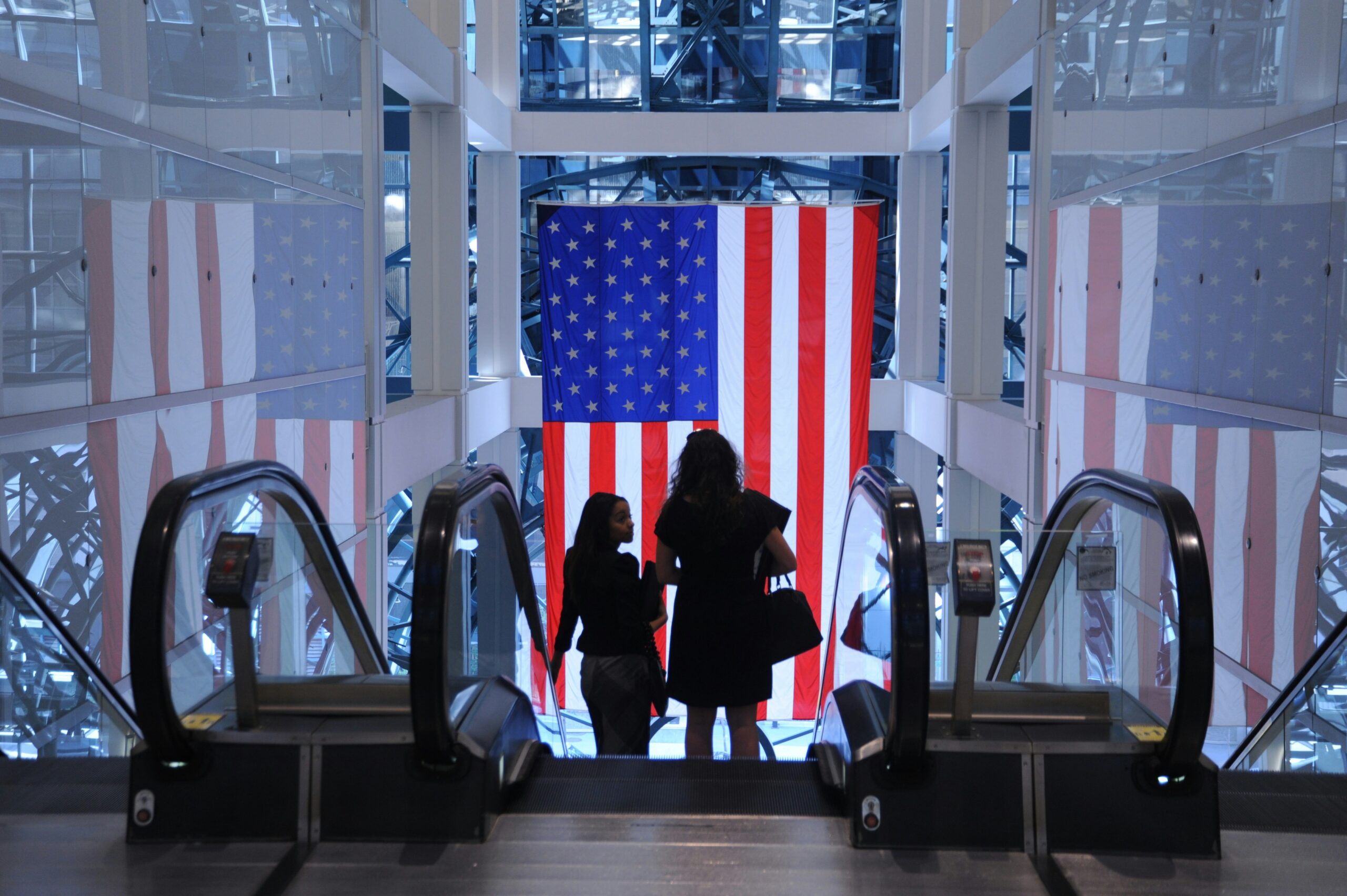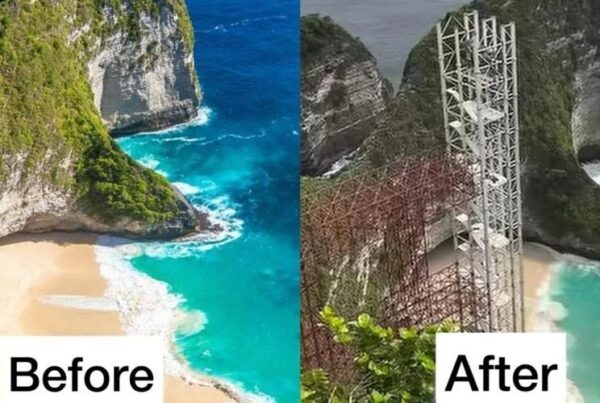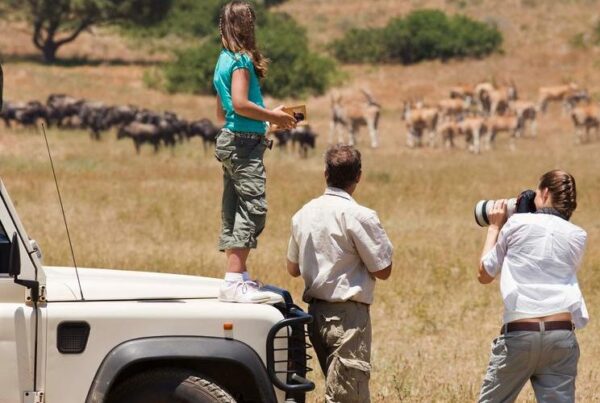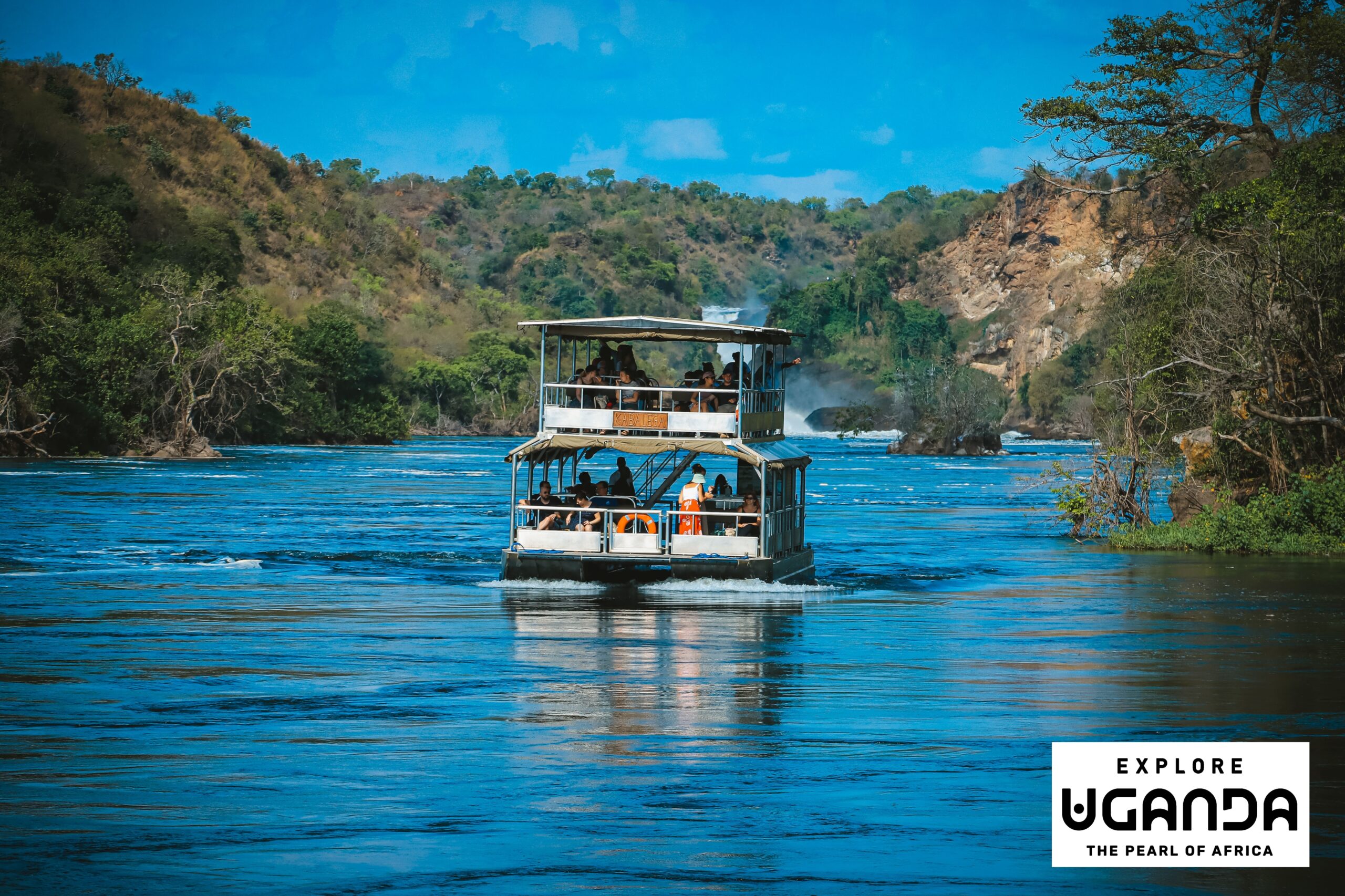With the United States preparing to host a string of major international events – including the 2026 FIFA World Cup, the 2028 Los Angeles Olympics, the Club World Cup later this year, and not to forget IPW in Chicago from 14–18 June 2025 – scrutiny is mounting over its increasingly restrictive border controls.
U.S. Senator Ron Wyden of Oregon has urged the Trump administration to reassess current travel policies, warning they could deter both tourists and participants. Writing to Secretary of State Marco Rubio and Homeland Security Secretary Kristi Noem, Wyden cited reports of international travellers being detained or denied entry, calling the process a “needlessly gruelling ordeal” for tourists, business visitors, lawful permanent residents and even U.S. citizens.
His concerns are backed by new data. The National Travel and Tourism Office reports an 11.6% year-on-year decline in overseas visitors to the U.S. in March. Tourism Economics has further revised its forecast, predicting a 9.4% drop in international arrivals this year and a potential $9 billion loss in overseas visitor spending.
The financial stakes are high. Goldman Sachs analysts estimate the fallout from declining travel sentiment could result in a $90 billion hit to tourism and export-related revenue in 2025. Canadian air arrivals to California dropped 15.5% in March alone.
Australia’s Department of Foreign Affairs and Trade has issued its own warning via Smartraveller: “Entry requirements are strict. U.S. authorities have broad powers to decide if you’re eligible to enter and may determine that you are inadmissible for any reason under U.S. law.” The site advises all travellers to be fully informed and prepared before departure, regardless of visa status.
Examples of border enforcement challenges continue to make headlines. British backpacker Becky Burke was detained for nearly three weeks after trying to re-enter from Canada. A German traveller was held for 16 days after returning from Mexico with his American fiancée. Even athletes are not immune: Venezuelan footballer Deyna Castellanos declined to play for her national team over concerns she wouldn’t be allowed back into the U.S., while Zambia’s women’s team left out four U.S.-based players for a tournament in China for similar reasons.
Despite high-profile cases, travel advocates are calling for calm and context.
Visit USA Offers Reassurance
Caroline Davidson, President of Visit USA Australia, acknowledges the concerns but urges travel professionals and clients not to be dissuaded by isolated cases or alarmist headlines.
“At a time when headlines can sometimes feel more like clickbait than context, it’s important to pause and reflect on the bigger picture,” she says. “We’re still seeing strong signals of resilience and confidence in Australian travel to the U.S.”
New flights from United Airlines, Qantas, Delta and Fiji Airways are increasing capacity and potentially reducing fares, while travel advisors are well-positioned to guide clients through shorter booking windows and last-minute deals triggered by currency fluctuations.
“This time of year is traditionally cautious due to election cycles and global uncertainty,” Davidson adds. “But historically, demand bounces back quickly.”
She encourages travel agents to reassure their clients, promote the diversity and value of the U.S. travel experience, and leverage Visit USA’s resources, including digital brochures, destination training tools, and updates available at visitusa.org.au.
Tips for a Smooth Entry to the U.S.
While entry protocols have not changed significantly, Visit USA stresses that preparation is key. Here are some traveller tips from the U.S. Travel Association to help ensure a smooth arrival:
Before You Travel:
- Passport: Must be valid for at least 6 months beyond your intended stay.
- Visa or ESTA: Australians can apply via esta.cbp.dhs.gov.
- Mobile Passport App: Useful for speeding up arrivals at some U.S. airports.
- Documentation: Bring printed copies of your itinerary, flight bookings and accommodation.
At the U.S. Border:
- Be ready to clearly state your reason for travel and length of stay.
- Be respectful and honest with CBP officers.
- Carry all documents in an accessible place and prepare to discuss previous U.S. visits if asked.
Customs:
- Declare all food, plants and valuables.
- If you’re carrying more than USD 10,000, declare it.
- Misrepresentation or non-disclosure can lead to fines or delays.
General Advice:
- Understand the terms of your visa or ESTA.
- Stay calm and cooperative.
- Avoid carrying any prohibited items.
For more information, refer to:
- U.S. Customs and Border Protection – Travel
- Arriving with Ease in the United States (IPW)
- Smartraveller
The U.S. remains a bucket-list destination for many Australians. Whether through policy reform or clearer communication, the challenge now is ensuring it also remains a welcoming one.









